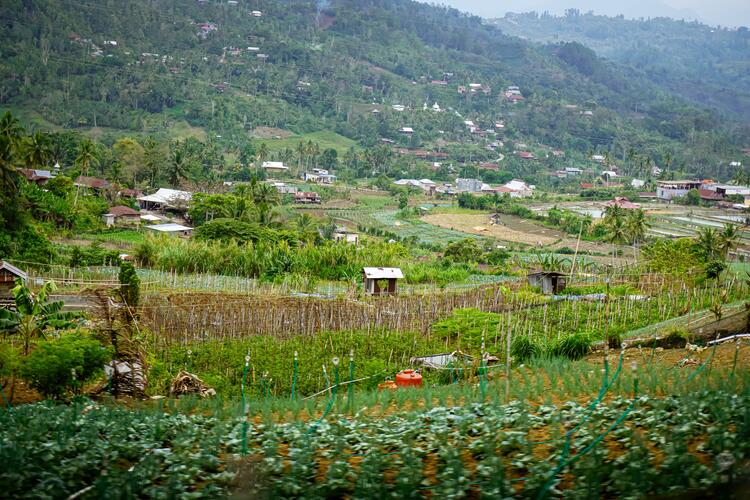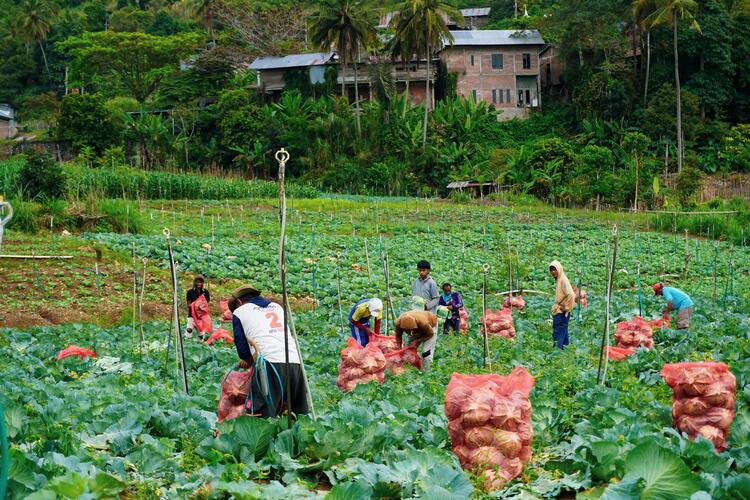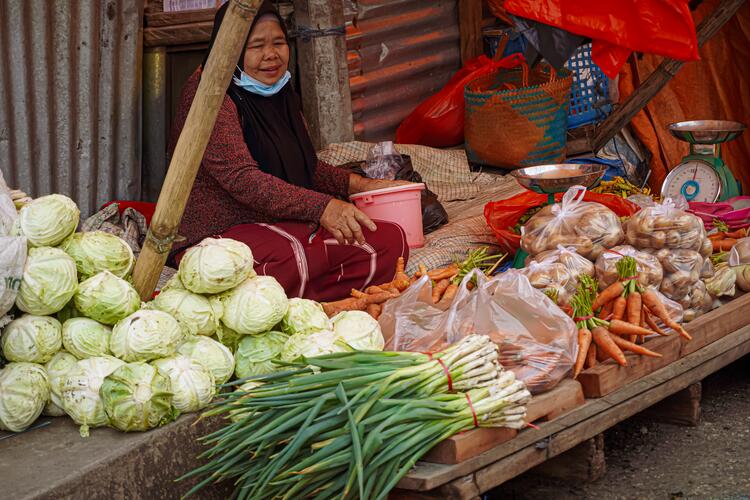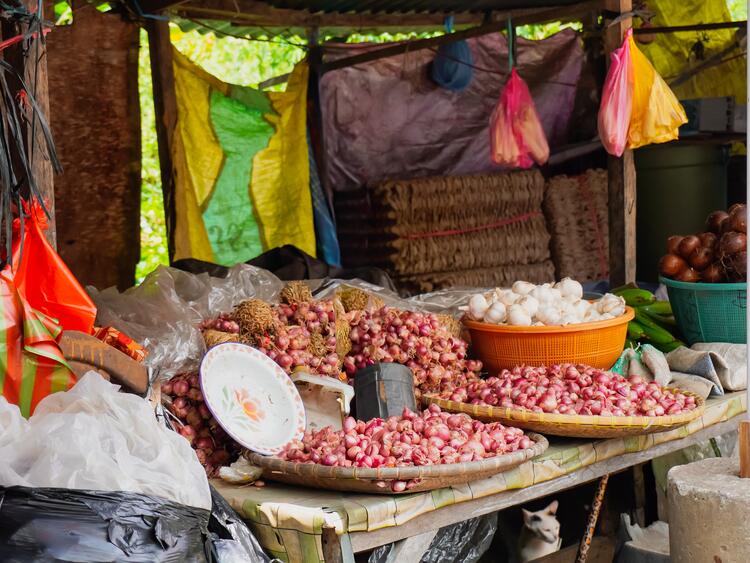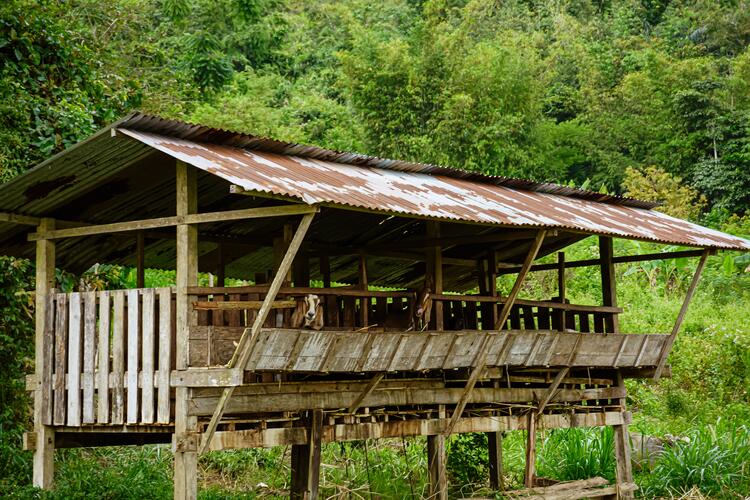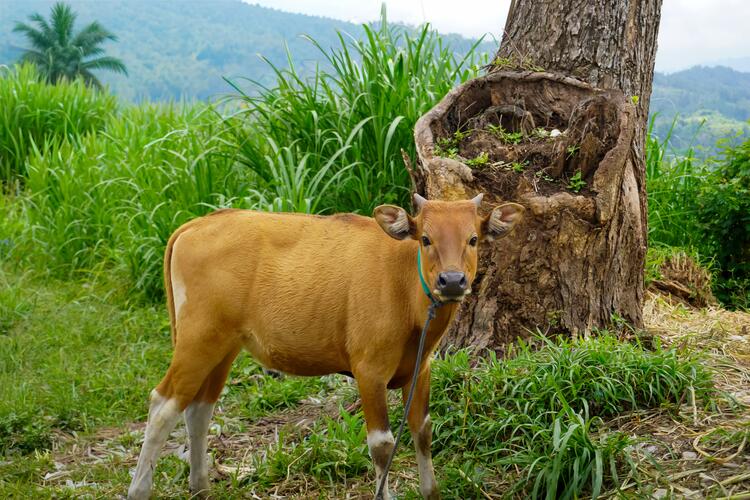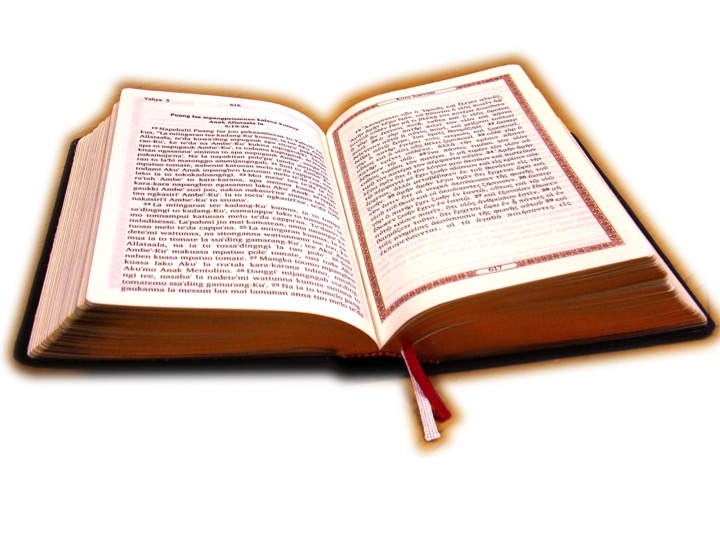Salama' mentama ntee website Tanaduri
Verse of the day
Iamo joo, la miingaran! 'Danggi' mipuselangngi to katuoanmi, to kumua apara la mikande, ba'tu la miiso', ba'tu apara to la miputamangkale. Nasaba' la'bi parallu ia to katuoan na ia to kande, na ia to batang kale la'bi parallu na ia to pakean!
Matthew 6:25“Sebab itu, Aku berkata kepadamu, janganlah khawatir tentang hidupmu, yaitu tentang apa yang akan kamu makan atau tentang apa yang akan kamu minum. Demikian juga halnya dengan tubuhmu, yaitu tentang apa yang akan kamu pakai. Bukankah hidup lebih penting daripada makanan dan tubuh lebih penting daripada pakaian?
Greetings of peace
to all brothers and sisters!
In this site you can read texts in the Duri language. The Duri people live in South Sulawesi, Indonesia and around 120 000 people speak the language. On this site you can also read the Gospel or listen to the books of the prophets. If you have any question please click the Contact at the end of the page. Hope you will enjoy this site, and if you have some feedback please contact us.
Click this word if you want to see the Jesus film dubbed into the Duri language.
The New Testament and some books in the Old Testament is available in Google play store. Please click this word.

